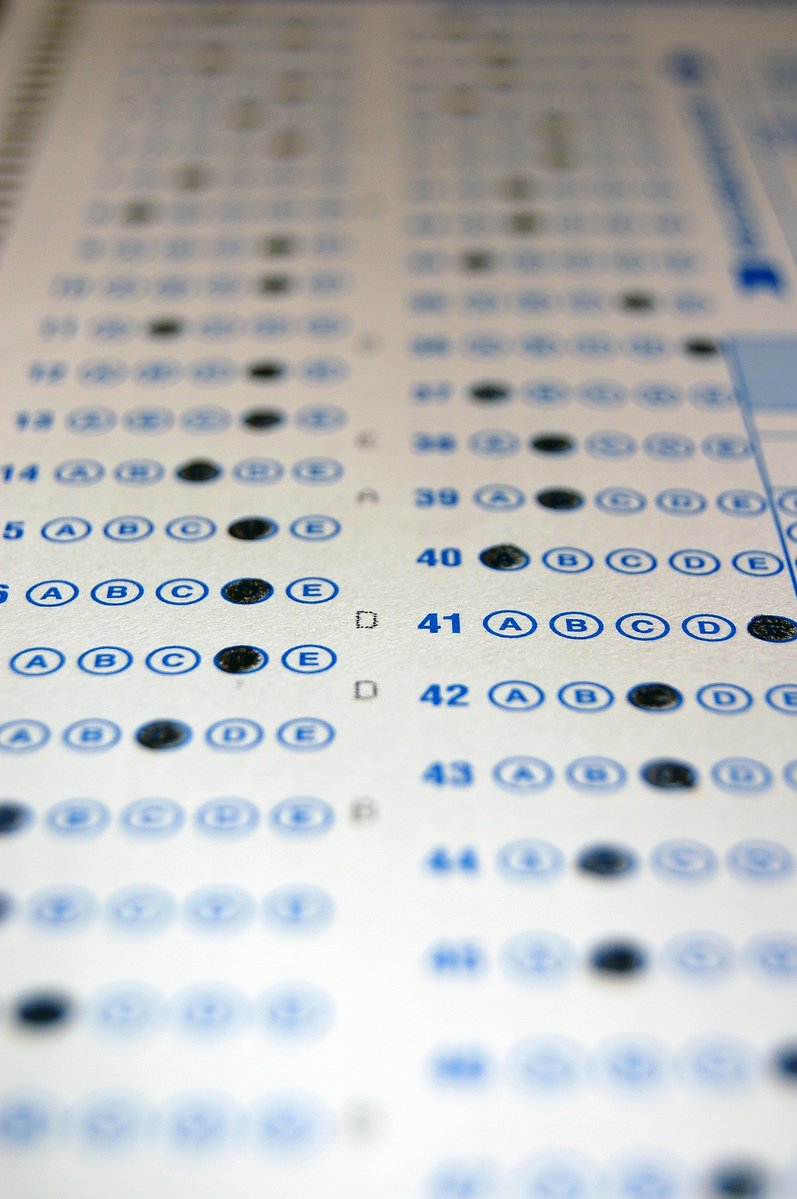The Boulder Fund grant will allow Mass Insight to pilot a new program targeting middle school readiness. May. 22, 2025 –Boston– Mass Insight Education & Research’s President and CEO, Andrea Wolfe, has been selected in the 2025 cohort of Education Leaders of...
MCAS results reflect the potential rewards of academic rigor
Results for the newly designed MCAS – or New Generation MCAS– were released last week for Grades 3-8, showing an overall decline in scores. As the Boston Globe reported, some results were “eye-popping,” including the scores for Grade 8 English, where only 49 percent either met or exceeded expectations. On the previous test, 79 percent hit the mark.
No, Massachusetts students haven’t become less intelligent, nor is the quality of teaching declining. Instead, students are being exposed to more rigorous standards, those that ultimately reflect the demands of post-secondary education and the real world. The bar is being raised, and students and teachers must work together to meet the challenges.
Our colleague Linda Noonan, executive director of the Massachusetts Business Alliance for Education, put the challenge succinctly in the Globe story: “We know the bar needs to be aligned with real-world expectations and needs to show that students will graduate ready for the next path in their life, whether that is in college or something else.”
Soon, a more challenging MCAS will be coming to the 10th grade test, which students must pass to graduate. That, too, promises to be a painful transition. But there are rewards in the long term. As we’ve learned through our work in advancing AP STEM and English courses, many students are ready for more academic rigor and teachers are ready to raise the bar to help their students succeed.

Recent Posts
Cybersecurity Event Introduces Students to Cyber Careers
For the 5th year in a row, Mass Insight Education & Research is hosting the Cybersecurity and You Workshop to introduce Advanced Placement® (AP) STEM high school students to cybersecurity scenarios and concepts as well as postsecondary education and career paths....
Adolescent Literacy Crisis: IES Guide In Action – Webinar
What does the evidence say about how schools can improve the adolescent literacy crisis happening in our country? In this webinar, we explore the Institute of Education Sciences Reading Intervention Guide for Grades 4 through 9, found here, and diving into two of the...
You may also like
An Interview with Mass Insight AP Students and their Teacher
https://youtu.be/mQTeW8-sX40 We sat down with two Mass Insight AP STEM & English Program students, Ben and Chris-Ander, and their teacher, William Pellegrino, to hear about their educational journeys, their experiences in AP classes and as vocational students, and...
An Interview with Kristen Hengtgen of The Education Trust
https://youtu.be/1ZfxNShHJOU?si=d1a1GoVrgrDWT5Cu Kristen Hengtgen, Ph.D. is a senior analyst on The Education Trust's P-12 policy team and co-author of their new report, Increasing Access to Advanced Coursework in Massachusetts. In this interview, she joins Mass...
Creating the conditions for greater success of systemically disadvantaged students in AP: Next steps for the Massachusetts AP STEM & English program
Recently the New York Times published an article entitled, Why is the College Board Pushing to Expand Advanced Placement? The article focuses on an important issue: there’s been greater growth in AP participation for Black and Latino students and students living in...



